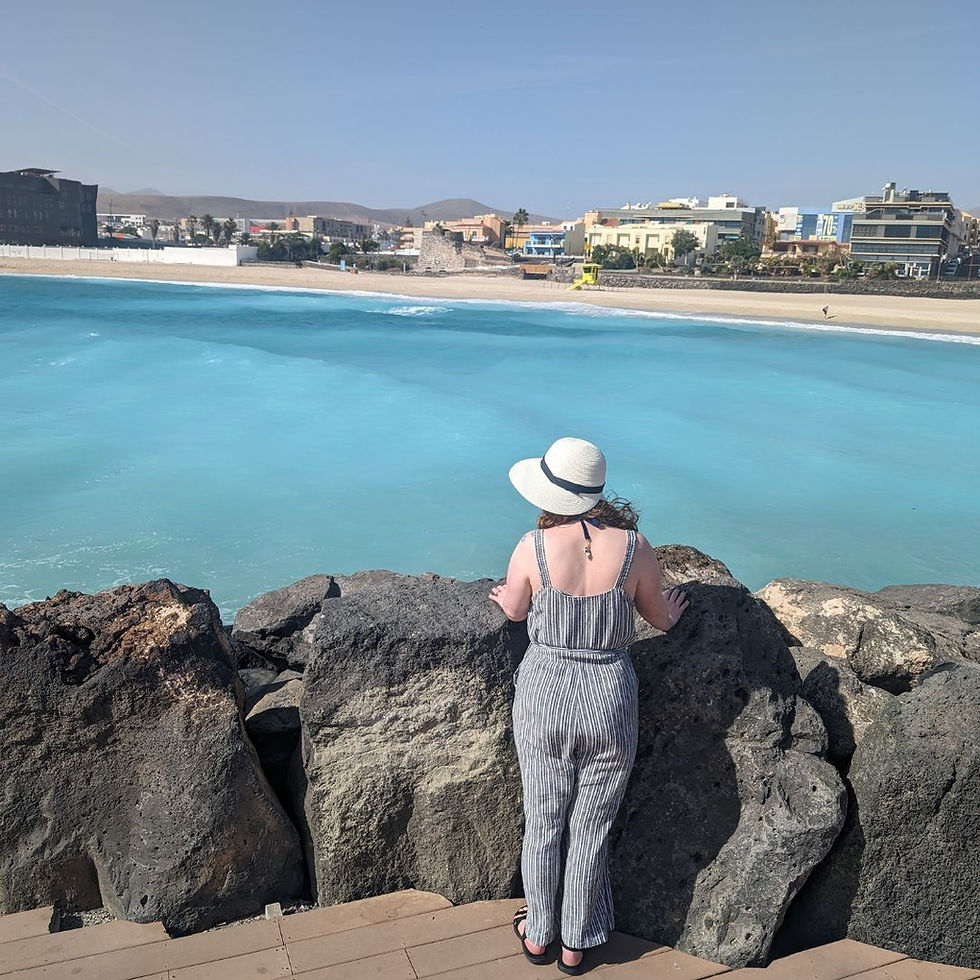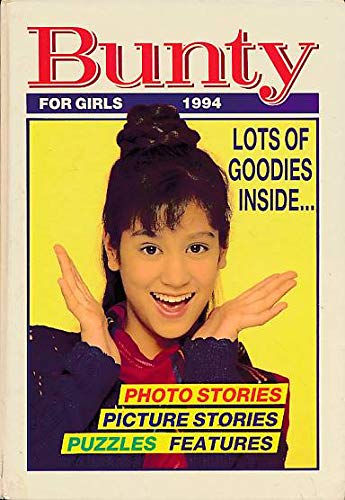I'm a bit loud on the internet these days, but I wasn't always.
I had corporate jobs for most of my adult life, with a stint in social care along the way in an attempt to tip some goodness towards me on the career morality scales.
With a mish-mash of experience and an overactive imagination, it took me until I was nearly 40 to understand what I needed from life, and slowly but surely make it happen.

LinkedIn the Water Cooler
Before last year (2023), I’d only ever used LinkedIn to find employed work a couple of times. It was nothing more than a fancy job site, in my naïve opinion.
Now I'm self employed, LinkedIn is my place of work. It's where I chat to colleagues, clients and suppliers about everything from the new trick my dog learned, to the cause of a recent mental health wobble, to the looming deadline we share.
As a freelancer, it can be difficult to know anyone to the same depth as you would working every day with them.
Here's a quick rundown of who I am and how I came to be Silvertongue Copywriting (that's what I call my business, in case you were wondering).
Imagine if you will, colleagues, this is being drip fed to you in 5 minute episodes over a few weeks in the break room.
Lifelong Love of Writing
Writing came first. I've been writing since I could hold a pencil. In recent years, I've embraced it as a tool for processing my own life and experiences.
At school, I was a good kid. Until I wasn’t. Whatever avenues might have been open to me were closed young; such is life. I always thought being a writer meant publishing novels, writing dull white papers and technical manuals, or journalism. All feasible, all way out of reach.
So, although writing was a passion before we even had the internet, it was never a viable avenue for a working class kid like me, who was more interested in booze and boys than being successful or, puke, good at school.
Off I went, to live my best life…
Wheeling and Dealing became Social Care became Copywriting
After school, I got into admin. From making tea for a bunch of old white guys, to running a fleet of mobile cranes, to selling biscuits for a different bunch of white guys; I did it all.
Thanks to rampant early 2000s misogyny, my first proper job (read: not a paper round or 4hrs a week in a high street shop) was as an admin assistant for a construction company. My duties included: fetching the tea, flirting, getting everyone to the pub on a Friday. It was a simpler time.
I did a few jobs before skipping off to university at the age of 26, desperate by then to get out of the corporate rat race and put some good into the world. I trained as a social worker, worked with kids for many great years, and then I stopped, as many do in the profession. I carried on working with youngsters for a while, teaching in schools and fostering for a year.
I'd not long dipped my toes back into the corporate waters with a low-paid admin job when the pandemic hit, and the company I worked for handled it terribly. I changed jobs a couple more times and gained valuable experience in new areas, all the while giving a few hours each week to finding a way to escape from the 9-5 life once and for all.
As much as I hated corporate life, the experiences I've gained over the last few years have been a huge help in starting my business. It would be impossible to mention every skill impacted by the jobs I've done over my life - I'm glad for each one, because it brought me one step closer to this freelance dream.
Starting an Online Book Club
During the pandemic, I wrote reviews of books. This turned into an online community under the name The NoMo (not mothers) Book Club (read more about this here).
It was a transformational time in my life and I even got to interview some amazing authors, including Alexandra Potter, writer of Confessions of a Forty-Something F*** Up (adapted into the NBC show Not Dead Yet).
Through writing book reviews and talking with other readers, I started to lay the foundations of what would later become Silvertongue: I built a website from scratch, ran social media accounts and sent out a monthly newsletter.
The First Year: Side Hustling and Friendly Referrals
In the first 4 months after deciding to do this copywriting thing, I didn't get a single paying client.
But I did:
- Teach myself how to build a website (on Wix this time)
- Complete a copywriting course during the middle of the night when I couldn't sleep
- Tentatively tell people what I was working on behind the scenes
- Practise writing as much as possible
- Research copywriting, eventually finding my place by recognising what I didn't want to do (i.e. ignore all the horrible, manipulative marketing advice being spewed across the internet)
My first couple of clients came from referrals, because it turns out people wanted to support me.
Starting to Transition into a Self-Employed Freelancer
It felt like only a few weeks later that I was talking myself into quitting my job to freelance. The truth is, it actually took quite a few months. For a long time, I thought I could be happy working full time and hustling my written wares on the side for years, maybe even forever. Turns out, the people around me were never so jaded, and when I started farming for dissent for my wild idea, I was surprised at how much (and how many) people were behind me.
I gave notice at my job after having worked there only six months, but like the grown-up, dutiful employee I was, I gave three months notice of my departure. Yeh, it was in my contract so it was technically the right thing to do, but everyone knows employment rights don’t kick in until the two-year mark. I had every intention of working this notice period and finally waving goodbye to the life of an employee, with a rainbow arching over me and the sun twinkling in the sky. Plus I needed couple of months salary to keep the wolves from the door.
The British winter had other ideas.
The Pattern Emerges: Seasonal Affective Disorder
It’s become more obvious as I get older that my moods and wellbeing are closely tied to the seasons. This shouldn’t be a massive revelation, but for me it was. In 1990s secondary schools, mental health wasn’t exactly high on the curriculum. It stands to reason that recognising how our bodies change throughout the year wouldn’t have been on anyone’s lesson plan.
So it wasn’t until well into adulthood that I started to understand my body and its connection to nature. My mental health had never been what I’d call ‘good’ and I’d lived with anxiety and depression of varying degrees for as long as I could remember. I had a lot of therapy, meditated and tuned in to my body through yoga (insert montage with kick ass soundtrack here). Not all of it stuck, but it gave me the basis to understand what I need in life - the most simple, basic things. Stuff we should be teaching kids in schools, and maybe we are, it’s been a while.
Anyway, my mental health has a baseline of crap, so the lower dips in winter had gone unnoticed until I started to practise mindfulness, and then I got diagnosed with Primary Ovarian Failure in my 30s. Which means I was going through menopause in my 20s, and I still am now, in my 40s. All hail HRT 🙌
I started to notice the changes and how much worse I felt during the winters. My medication helped, but I’m still discussing optimal doses, almost ten years after my diagnosis. I did what I could to make the winters easier - rechargeable heat pads for my hands, layers of clothing, heated soft furnishings. Thanks to my brilliant dog, I go out walking for an hour or so each day which meant I was getting vitamin D without needing supplements. But still, I’d regularly wake up shivering, covered in sweat, or both. This winter was no different.
Itchy Feet: Failing to Complete a 3-Month Notice Period
Every year since my dad died, me and my husband spend a week in the Canary Islands during the winter. It’s rejuvenating for our minds and bodies. I don’t know the science, but it warms up my soul or something - I feel more able to cope with the unforgiving English winters after a week of Canarian sun during the darkest months.
We’d always gone in January before - dad’s birthday month - but this year we had to go in February instead. By the time the holiday countdown started, everyone in my house was so sick with flu, we weren’t sure we’d make the flight. Which brings me back to the long-ass notice period at my last employed job. I had six weeks notice left when I fell sick with the flu. That wiped me out for two weeks, and on the third I was going on holiday. I was just hoping to be well enough to fly, certain the Canaries would do more for my health than Beechams ever could, and work was the farthest thing from my mind.
The holiday was wonderful. Lots of sunshine, freedom, time with my love 💚 It was so enjoyable, that when I woke up on the last day sobbing, I couldn’t figure out for ages what was wrong. I lay in the sunsoaked villa bed, crying my little heart into my husband’s chest and not having the words to explain why. Me! With no words!
Eventually, with some gentle questioning and a lot of self-reflection, I realised it was the idea of going back to work for those last three weeks which had knocked me off my paradisical perch.

Jumping In: The First Month
I told my employers that I wouldn’t be coming back. I felt like crap about it, but still knew it was the right thing to do. Feel crap for a bit now, or feel crap for a few more weeks? It was an easy decision to make.
And that was that. No more employment, just plain sailing from here, right? I didn’t have a waiting list for clients, a backlog of leads to chase up, or any money in the bank.
My first week of unemployment/self-employment was a rollercoaster of emotions, planning, processing and panic. I cranked up my outreach efforts in order to find some clients. I smoothed out my processes and regular tasks (like posting to social media, checking over finances, accessing communities). Most importantly, I spoke to other freelancers who gave me advice and encouragement to keep going*.
The second week, life imploded a bit and I had to adjust my priorities. One of the main reasons I went freelance was for exactly this reason (not the specifics, but the awareness that life can throw some steaming balls of crap your way and all you can do is get covered in shit).
I needed to concentrate on my family for a while, and I did. And while I was unbelievably grateful that I could just get on with it, it’s had an impact. I want to fit work around my life, not the other way around. Freelancing gives me that ability. But it also means I have no safety cushion when I need to step away, and on this occasion I didn’t have any safety money either.
This means, for a few weeks at least, I’m playing catch up. I’ve lost the momentum of a brand new adventure and need to feel my way back to the excitement and motivation I had at the beginning.
Trusting Myself 💚
As I’ve been writing this, it’s brought to mind many other times in my life which led me to this moment. Things I’d forgotten I even did, like the time I worked at a weighbridge for few weeks as a temp and spent my downtime writing dodgy content for 50p a piece back in the earlier days of the internet. Or the time I wrote a letter to Bunty magazine which got published alongside a photo of my sister with a gorgeous, if embarrassing-at-the-time curly bouffant. Or the short stories about a fairy and a vampire who fell in love which I used to email to my husband (before he was my husband) because we lived 150 miles apart.

It all comes back to this: I’ve always been a writer, but I wasn’t ready to do it publicly before now. The years I spent in sales and marketing were my training for running a business. The time I spent in social care opened my eyes to the world around me, and more specifically, the people in it. The time I spent in schools encouraged me to condense and simplify my writing. And ultimately, the time I spent in agencies post-pandemic gave me much needed practise in working from home and managing my own time.
And here I am, ready to be another drop in the small business ocean. Maybe I’ll see you around?
*Some notes on community from a happy hermit
Sometimes there’s other freelancers who could complement what you’re already doing. The lines can be blurry between service offerings in the freelance world - always use the right person for the job!
I’m a chronic introvert. Cold outreach and networking make me cringe. I can’t do small talk. But, leaning into these things has made them easier and they have a significant place in any successful freelance business.
I can’t say it enough - community is where the magic happens in this way of working. I’d sit alone in a room for weeks without speaking to anyone if I let myself, but being immersed in the community of other freelancers has been wonderful. This whole thing started with a book club for childless women - and if that’s not a community, I don’t know what is.
Comments